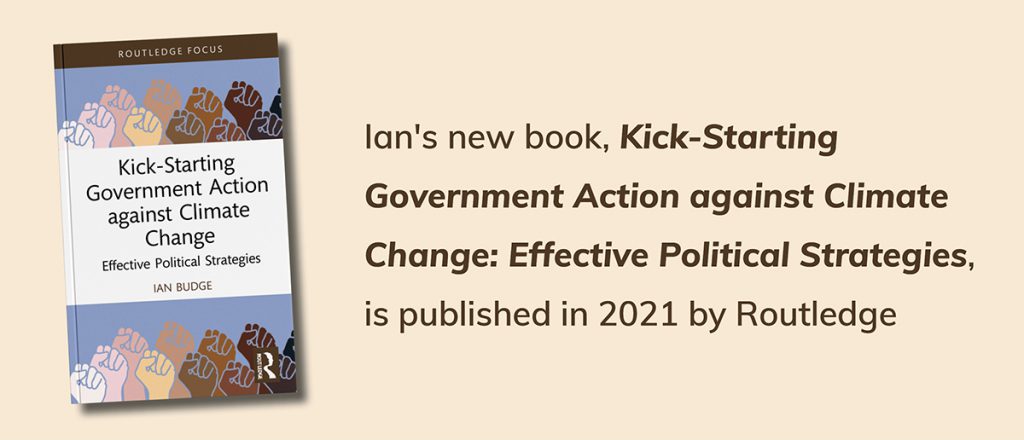As NATO extends itself up to the Russian border, Ian Budge argues that we are forgetting the climate catastrophe. Stopping Russia destroying its natural environment should be the real imperative for the West. Recognising this would soften both sides’ aggressive reactions, and ease the way to an equable settlement over Ukraine
War fever is now sweeping the West as in 1914 – only now the hate is directed at Russia. The sovereign right of plucky little Ukraine to join an anti-Russian alliance and plant missiles 400 miles from Moscow must, it seems, be asserted at all costs. Real war is against everyone’s best intentions. But so was World War I.
Branding Russia as an aggressor is a strange follow-up to that country’s unprecedented cession of a fifth of its territory to national independence movements in the early 1990s. Think of the US returning Texas and California to Mexico! – or tolerating Russian missiles in Cuba!
War fever now sweeps the West – but ignores the West's own role in the developing situation
For his first ten years in office, President Putin sought cooperation with the West. But Russia was simply excluded from important decisions like intervention in Libya. Meanwhile NATO breached its undertakings of the 1990s not to sign up ex-Soviet Republics. Russian speakers in the new States found themselves treated as second-rate citizens. Hardly encouraging for China with Taiwan!
Since then, Russia has pursued a cautious forward policy with considerable success. Such interventions have met with Western sanctions. However, Russia’s new-found oil wealth, and increasing access to the Arctic through climate change, have enabled it to withstand such sanctions relatively easily. The military build-up near Ukraine, which Russia can scale up or down at will, has now forced NATO to open negotiations about its own forward advance.

Actually, there is an easy compromise. This would involve Ukraine declaring its neutrality (like Finland), and Russia tolerating its accession to the EU (but not NATO), with internationally supervised plebiscites in disputed territories.
Only negotiation can end environmental destruction in Russia and the Arctic. Sanctions will make it worse
Negotiations should include action against forest and bog fires and melting tundra spewing out methane. Cooperation here in the common interest would encourage it elsewhere. As noted above, Russia's oil wealth and Arctic access have thus far cushioned it from the full impact of sanctions. Imposing yet more would only spur on greater environmental destruction to counterbalance such sanctions in the largest country in the world.
The most effective sanction, in fact, would really be stopping London banks laundering money for Russian oligarchs. While denouncing ‘Russian aggression’, British governments have tolerated such laundering for years and are only now making vague statements of intent under American pressure.
Chapter 8 of Ian's book Kick-Starting Government Action against Climate Change: Effective Political Strategies, 'Climate Action in the World Arena', contains detailed analysis of Russia’s position.